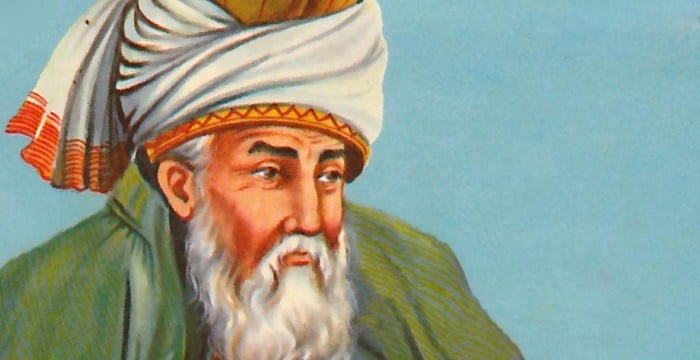Divan E Shams E Tabrizi Pdf Files 4,1/5 9235votes
The following other wikis use this file: • Usage on ar.wikipedia.org • • • • Usage on azb.wikipedia.org • • Usage on az.wikipedia.org • • • • Usage on bn.wikipedia.org • • Usage on de.wikipedia.org • • Usage on en.wikipedia.org • • • • • • • • • • • • • • • • • • • • • • • Usage on es.wikipedia.org • • Usage on fa.wikipedia.org • • • • • Usage on fr.wikipedia.org • • • • • • • • Usage on it.wikipedia.org • • Usage on ja.wikipedia.org • • • Usage on ka.wikipedia.org • • Usage on ko.wikipedia.org • • Usage on ku.wikipedia.org • • Usage on mk.wikipedia.org • View of this file.
Nov 17, 2015. Dear Internet Archive Supporter. I ask only once a year: please help the Internet Archive today. We're an independent, non-profit website that the entire world depends on. Most can't afford to donate, but we hope you can. The average donation is about $41. If everyone chips in $5, we can keep this going. Unfortunately a very small portion of Rumi's poems and writings have been translated properly into English. Rumi has 2 famous poetry books Masnavi and Divane Shams. A less famous, but easier to understand book, which is a collection of some of his sayings is called “Fihe Ma Fih”, which is available here as a PDF file for.
• • • Dīvān-e Kabīr or Dīvān-e Šams-e Tabrīzī (The Works of ) (: دیوان شمس تبریزی) or Dīvān-e Šams is one of 's masterpieces. A collection of lyric poems that contains more than 40,000 verses, it is written in the language and is considered one of the greatest works of. Dīvān-e Kabīr ('the great divan') contains poems in several different styles of Eastern-Islamic poetry (e.g. Odes, eulogies, quatrains, etc.). It contains 44,282 lines (according to Foruzanfar's edition, which is based on the oldest manuscripts available): 3,229 odes, or ghazals (total lines = 34,662); 44 tarji-bands (total lines = 1698); and 1,983 quatrains (total lines = 7932). Although most of the poems are in, there are also some in, and a small number of mixed Persian/Greek and Persian/Turkish poems.
Dīvān-e Šams-e Tabrīzī is named in honour of Rumi's spiritual teacher and friend.



